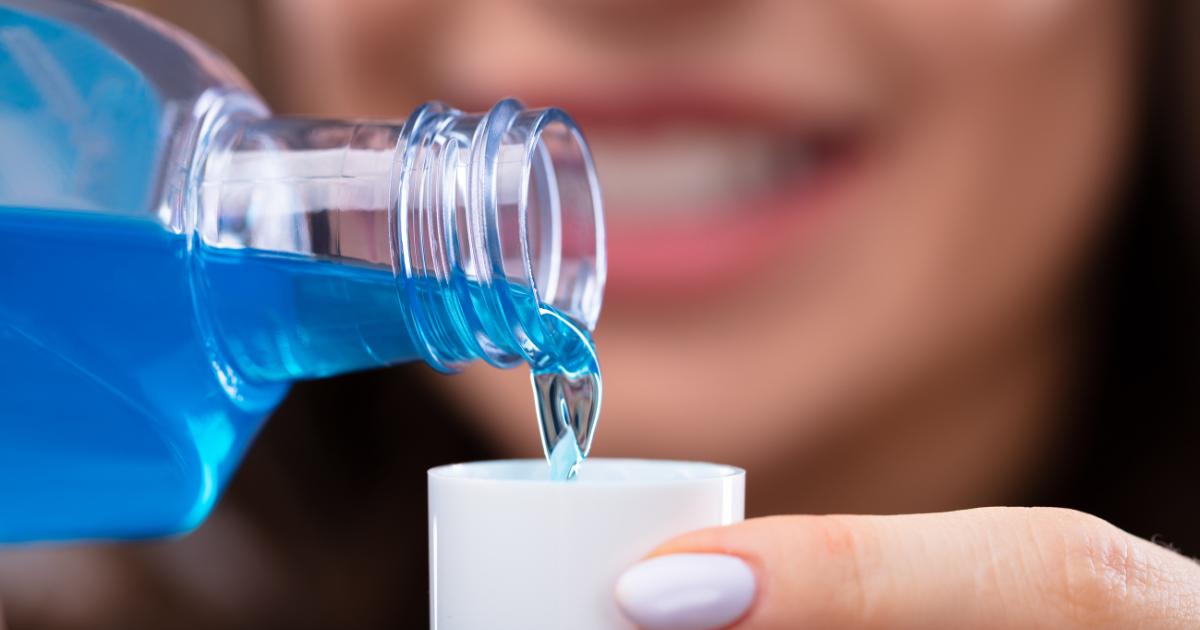Mouthwash is a common addition to many people’s oral hygiene routines, but have you ever wondered if it’s really making a difference? With so many different types and brands on the market, it can be hard to know what to believe. Let’s dive into the truth about mouthwash and whether it actually helps your oral health.
Advertisement
What Does Mouthwash Do?
Mouthwash, also known as an oral rinse, is designed to be used after brushing and flossing your teeth. It can help reduce the amount of bacteria in your mouth, freshen your breath, and in some cases, provide additional protection against tooth decay and gum disease. There are various types of mouthwash, including cosmetic rinses that mainly freshen breath and therapeutic ones that contain active ingredients to target specific oral health issues.

The Benefits of Using Mouthwash
One of the main benefits of using mouthwash is that it can reach areas of your mouth that brushing and flossing might miss. This can help reduce the overall amount of bacteria and plaque in your mouth, leading to fresher breath and a cleaner feeling. Some mouthwashes contain fluoride, which can help strengthen tooth enamel and protect against cavities. Others have antiseptic properties that can help prevent or reduce gum inflammation and gingivitis.
The Limitations and Misconceptions
While mouthwash can be a helpful addition to your oral hygiene routine, it’s not a magic solution. It should never replace brushing and flossing, which are essential for removing plaque and food particles from your teeth and gums. Additionally, some people might think that using mouthwash allows them to skip brushing their teeth, but this is a misconception. Mouthwash is best used as a complement to, not a substitute for, brushing and flossing.
Choosing the Right Mouthwash
Not all mouthwashes are created equal, so it’s important to choose one that suits your needs. If you’re looking to freshen your breath, a cosmetic mouthwash might be sufficient. However, if you have specific oral health concerns, like gingivitis or a high risk of cavities, a therapeutic mouthwash with active ingredients like chlorhexidine or fluoride might be more beneficial. Always look for mouthwashes that have the American Dental Association (ADA) Seal of Acceptance, which indicates that they meet certain safety and efficacy standards.
Advertisement
Potential Side Effects
Like any product, mouthwash can have potential side effects, especially if used improperly. Some mouthwashes contain alcohol, which can cause a burning sensation and may lead to dry mouth with long-term use. For those with sensitive mouths, alcohol-free options are available. Overuse of certain types of mouthwash, particularly those with strong antiseptics, can also disrupt the natural balance of bacteria in your mouth, potentially leading to other oral health issues.

Conclusion: A Helpful Tool When Used Correctly
Mouthwash can be a helpful tool in maintaining good oral health, but it’s important to use it correctly and understand its limitations. It can freshen breath, reduce bacteria, and provide additional protection against oral health issues when used as part of a comprehensive oral hygiene routine that includes regular brushing and flossing. Choose the right type of mouthwash for your needs, use it as directed, and consult with your dentist to ensure you’re getting the most benefit from your oral hygiene practices.
References
- American Dental Association. (2021). Mouthrinse (Mouthwash). Retrieved from ADA website.
- Mayo Clinic Staff. (2020). Oral Health: The Truth About Mouthwash. Mayo Clinic. Retrieved from Mayo Clinic website.
- Van Leeuwen, M. P., Slot, D. E., & Van der Weijden, G. A. (2011). The Effect of Mouthrinses on Plaque and Gingivitis: A Systematic Review. International Journal of Dental Hygiene, 9(3), 197-210.
- National Institute of Dental and Craniofacial Research. (2018). Dental Health Topics: Mouthwash. Retrieved from NIDCR website.


